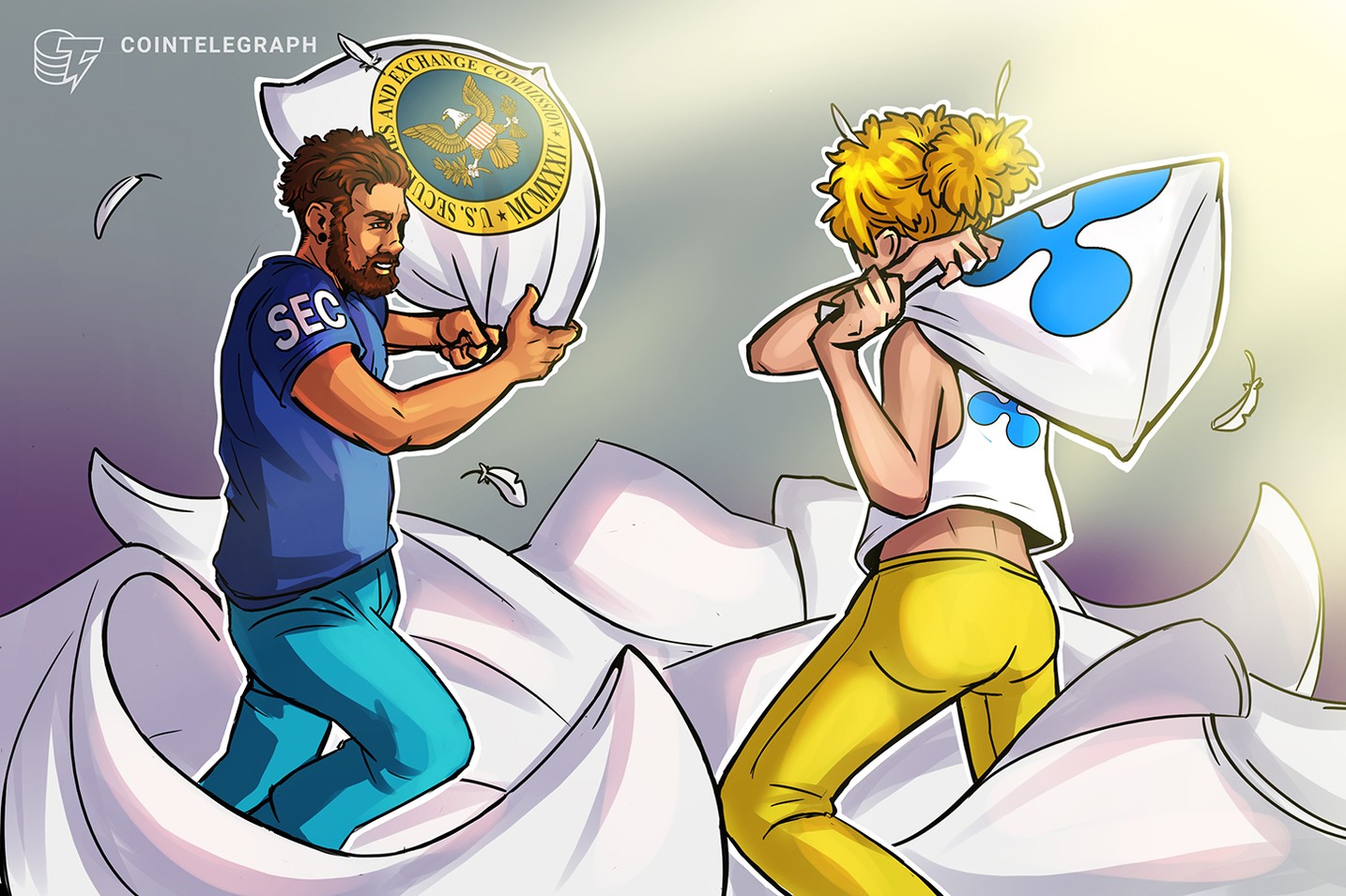One year ago, a landmark ruling in the Securities and Exchange Commission’s (SEC) case against Ripple Labs determined that XRP, Ripple’s cryptocurrency, is not a security. This decision has had implications for the cryptocurrency market and the regulatory landscape in the United States.
The ruling marked a significant victory for Ripple, a blockchain-based digital payment network, and set a crucial precedent for classifying cryptocurrencies. The SEC had initially filed a lawsuit against Ripple in December 2020, alleging that the company had conducted an unregistered securities offering by selling XRP.
However, Ripple argued that XRP should be considered a currency rather than a security, and after a lengthy legal battle, on July 13, 2023, the court sided with Ripple.
Implications for the Cryptocurrency Market
The court’s decision that XRP is not a security has had far-reaching consequences for the cryptocurrency industry. Firstly, it provided a degree of regulatory clarity that was needed. Cryptocurrencies have often operated in a gray area, with regulatory agencies struggling to classify and regulate them appropriately.
By ruling that XRP is not a security, the court established a precedent that could influence how other cryptocurrencies are viewed and regulated. This ruling also had a positive impact on XRP’s market value. TradingView data shows XRP’s price surged nearly 6% after the decision.

Stuart Alderoty, Ripple’s chief legal officer, shared his thoughts on the X platform, highlighting the significance of Judge Torres’ ruling. He noted that this decision has paved the way for other cases, including the recent Binance case, to recognize the SEC’s overreach and departure from legal principles under Chairman Gensler’s leadership.
While the courts have provided a necessary check on the SEC’s actions, Alderoty emphasized that relying on prolonged litigation to determine the status of each token on a case-by-case basis is an unsatisfactory solution.
Regulatory Developments and Ripple’s Progress
Over the past year, the case has continued to develop, with Ripple and the SEC engaging in further legal battles and negotiations. The SEC has not backed down entirely, and the regulatory environment remains complex and challenging. However, Ripple has used this period to bolster its legal arguments and reinforce its position in the market.
The lawsuit has seen numerous developments and legal battles over the years. One significant aspect is the discussion around the Howey test, which determines whether a transaction qualifies as an “investment contract” under US law. According to the SEC, XRP meets the conditions of the Howey test, while Ripple argues otherwise.
